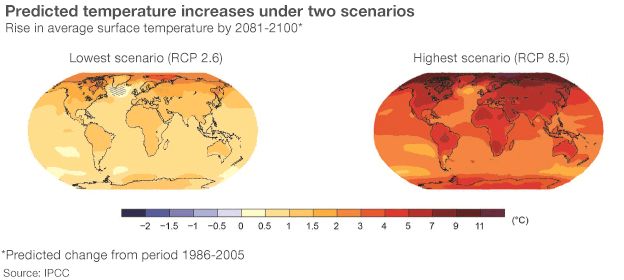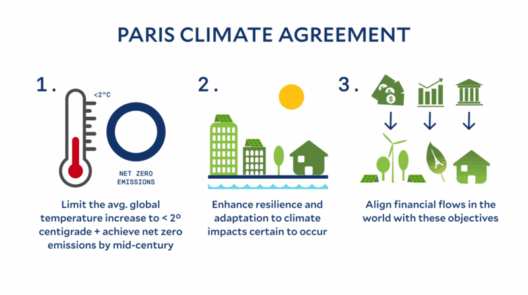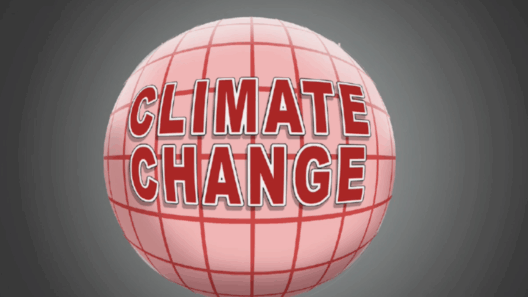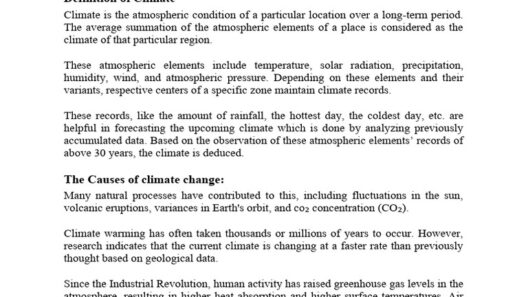In a world increasingly beset by erratic weather patterns, melting ice caps, and rising sea levels, the question of anthropogenic impact on climate change looms large. This inquiry is not merely a matter of academic debate; it is a vivid call to action. By probing the multifaceted evidence supporting the assertion that humans are indeed the dominant force behind climate change, we delve into the intricate tapestry woven by scientific inquiry and empirical data.
First, it is paramount to recognize the profound shift in the Earth’s climate over the past century. Historical geological records illustrate a variety of climatic conditions throughout Earth’s epochs, driven by natural phenomena such as volcanic eruptions and solar irradiance variations. However, the current rate of warming is unprecedented in the span of human civilization. Numerous scientific bodies, including the Intergovernmental Panel on Climate Change (IPCC), have articulated that the primary driver of this rapid change is the unprecedented increase in greenhouse gas (GHG) emissions, particularly carbon dioxide, methane, and nitrous oxide—emissions that correlate directly with human activity.
One of the most compelling pieces of evidence lies within the carbon cycle. Natural processes, such as respiration and photosynthesis, regulate atmospheric carbon dioxide levels. Yet, since the Industrial Revolution, the atmospheric concentration of CO2 has seen a staggering rise, peaking at over 400 parts per million. This spike correlates with increased fossil fuel consumption, deforestation, and other industrial activities. This correlation establishes a clear causal relationship: as humanity’s consumption of fossil fuels has escalated, so too has the suffocating blanket of greenhouse gases around our planet.
Moreover, the isotopic composition of atmospheric carbon provides insight into its source. Carbon produced from burning fossil fuels is isotopically distinct from that emitted through natural processes. Analysis reveals an increase in carbon isotopes characteristic of fossil fuels since the 18th century—a clear indication that human activity is exacerbating this carbon influx. By examining the isotopic signatures, scientists can ascertain the anthropogenic origins of climate-altering gases, further solidifying the evidence against claims of coincidence or natural variability.
While some may point to the Earth’s cyclical climate patterns as evidence that contemporary climate changes are merely part of natural variation, such arguments often disregard the scale and concentration of current warming. Paleoclimate data, drawn from ice cores and sediment samples, reveal that although the planet has experienced fluctuations due to natural factors, these changes transpired over millennia, not the mere decades observed in modern times. The swiftness with which we are experiencing climatic alterations is a hallmark of human influence, accentuating the urgency of addressing the crisis at hand.
Furthermore, studies examining extreme weather events reveal growing patterns of intensity linked to climate change. Heatwaves, hurricanes, and droughts are no longer anomalies but rather an emerging norm shaped by anthropogenic activities. The climatic phenomena observed today not only threaten ecological systems but also pose dire risks to human health and socio-economic stability. Vulnerable populations, particularly in developing regions, suffer the brunt of these catastrophic occurrences, amplifying existing inequalities and ushering in a moral imperative for action.
It is also crucial to consider the feedback loops that exacerbate climate change. For instance, Arctic ice melt not only contributes directly to rising sea levels but also diminishes the planet’s albedo effect—leading to further warming. This self-perpetuating cycle demonstrates how human-driven climate change can evoke catastrophic consequences far beyond initial emissions. Each data point, ranging from deforestation rates to ocean acidification levels, coalesces into a coherent narrative that underscores the imperative for immediate action.
Critics of the anthropogenic climate change hypothesis often cite economic interests, ideological beliefs, or even political affiliations as rationales for their skepticism. However, juxtaposing economic stability with ecological sustainability reveals a profound paradox. The long-term costs of inaction—manifested in climate-related disasters, increased healthcare expenditure, and loss of biodiversity—will vastly outweigh the investments necessary for a sustainable transition. By embracing renewable energy sources, enhancing energy efficiency, and fostering sustainable agricultural practices, humanity can forge a viable pathway toward resilience.
Despite the overwhelming evidence, the fascination surrounding climate change often borders on denial. This psychological phenomenon is rooted in a myriad of factors, including fear of uncertainty, cognitive dissonance, and an inclination to cling to short-term comforts over long-term survival. This underlying fascination is not merely about questions of doubt; it reveals a collective struggle to reconcile scientific knowledge with entrenched personal beliefs and sociopolitical agendas.
In conclusion, the voluminous evidence corroborating human influence on climate change is irrefutable. From the incriminating carbon emissions attributable to our fossil fuel dependency to the observable alterations in weather patterns and ecological equilibrium, the burden of proof lies squarely on the side of anthropogenic causation. As stewards of this planet, humanity is faced with a critical juncture: to persist in denial or to confront the stark realities of our actions with integrity and courage. The time for action is now; the integrity of our shared future demands it.








